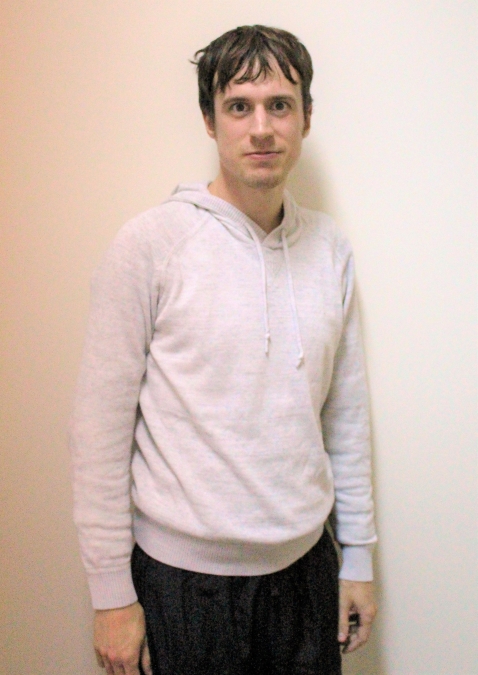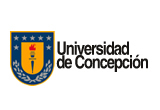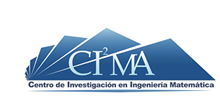News
David Zorío is a collaborator of Professor Raimund Bürger

The postdoctoral researcher is originally from Castellón, a city about 50 miles from Valencia. “I moved to study Mathematics at the university and those years were a very pleasant experience, because I was interested in all areas of Mathematics, such as algebra, topology, analysis, geometry. In the latter years, I took some courses that were more focused on numerical analysis. Then, I met Professor Pep Mulet, we made contact and both of us became interested in me doing my PhD with him”, David explains, emphasizing that after completing his undergraduate studies, during the first year of his Doctorate, he also completed a Master's Degree in the same specialty, which enabled him to perform research activities. “At that time, we were producing our first joint works” he says.
“In my PhD thesis, I worked mainly with Professor Pep Mulet, who is a permanent collaborator of CI²MA and with Antonio Baeza, both from the Universitat de València. However, the research I did with Sudarshan and with Professor Bürger is something more oriented to the work I am developing in the postdoc. It can be considered a furtherance and an extension to a broader range of problems, since we were already thinking of general methods that would allow us to address a wide variety of problems, and now it is time to put them to the test; that is, to use them in problems of practical interest and attempting to improve them as much as possible in order to produce a competitive scheme”, the postdoctoral fellow points out.
Regarding common research interests, Zorío explains that “Professor Bürger works in areas related to those we worked in at Valencia. We are dedicated to studying numerical methods for hyperbolic conservation laws in finite differences. And both he and Professor Mulet are interested in using similar numerical methods. Therefore, my intention is to work from that and see how we can improve some of these schemes and apply them to problems that are of interest to Professor Bürger, such as those related to sedimentation, which is an area in which he has worked a lot. In the same line of research, many similar problems arise that we could tackle during the three years of my research stay”.

